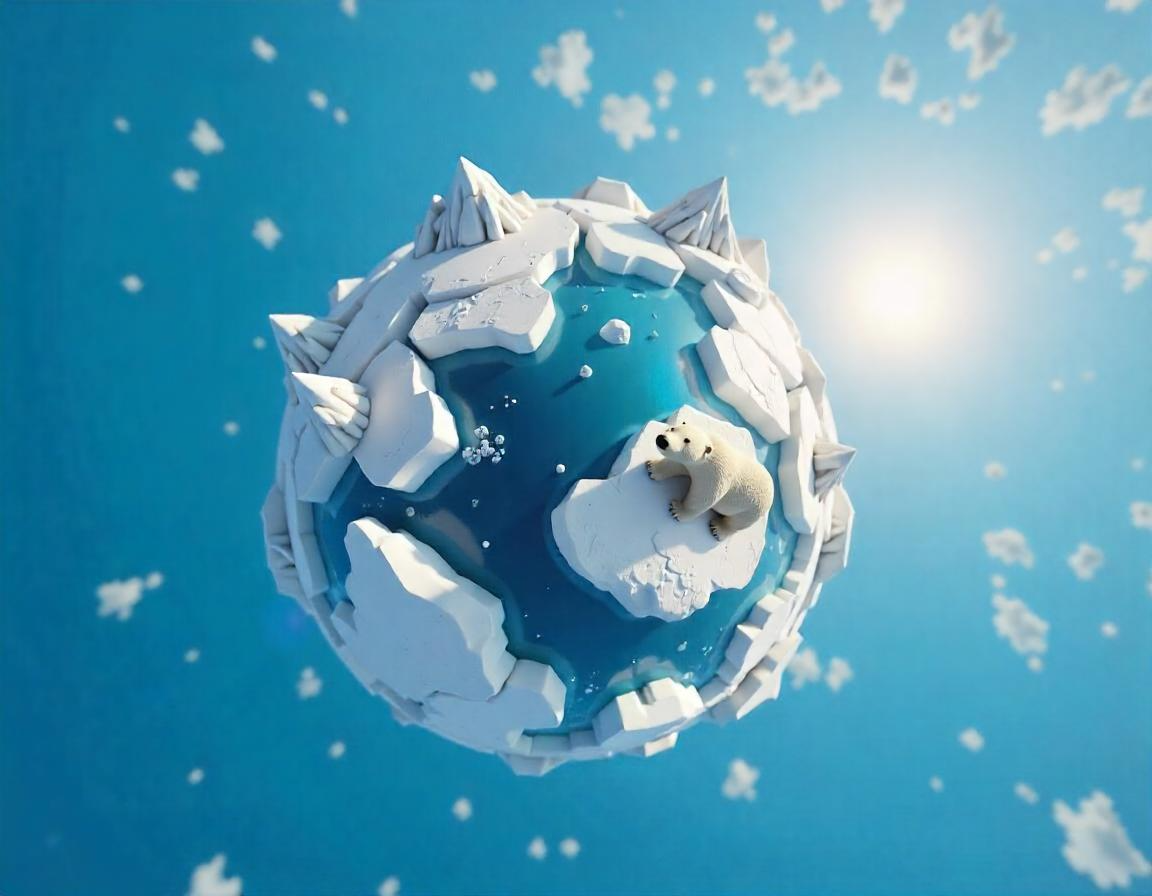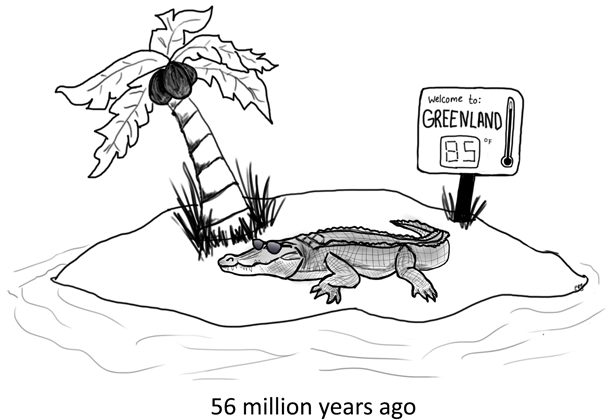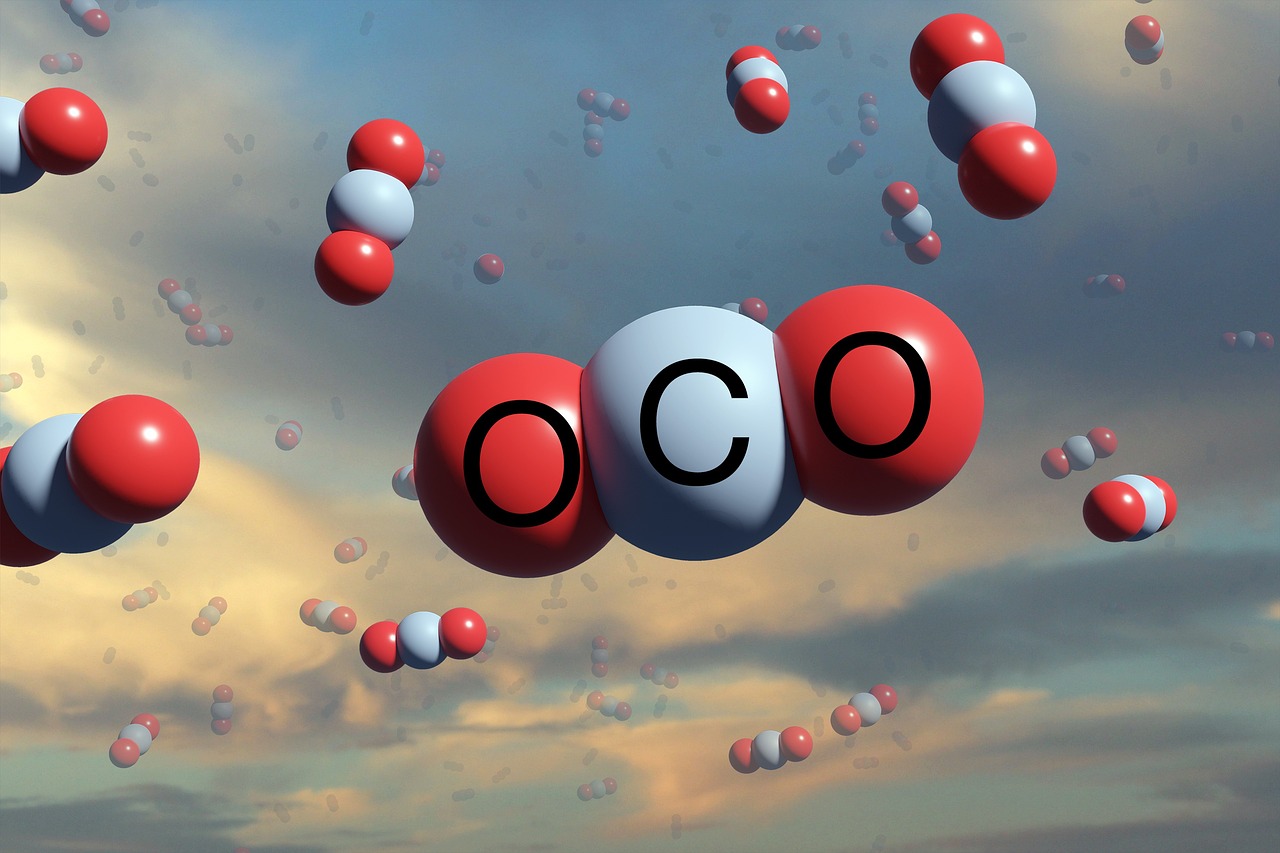
Fact-checking Series No. 4: Busting Myths About Climate Change
Climate change is a big issue, and there are a lot of myths about climate change out there that can make it hard to know what’s true. Some people think it’s just a natural cycle, while others believe small actions don’t matter. These ideas can cause confusion and slow down efforts to fix the problem. In this article, we’ll break down some common myths about climate change and explain the real facts in a simple way, so everyone can tell what’s true and what’s not.
Scientists predicted global cooling in the 70s

I see this myth about climate change on social media almost every day. It’s actually a myth that started with an article in Newsweek, which is not a scientific journal. The story spread through other popular magazines like Time. The myth was based on a few scientific studies that talked about how certain particles in the air, called aerosols, and other chemicals, can have a cooling effect on the planet. However, many of these aerosols were reduced because of environmental laws like the Clean Air Act and similar laws in many countries. Even so, they still help cool the planet by about 0.5°C.
Sea level isn’t rising. I know this from pictures of the Statue of Liberty.
Sea level isn’t the same everywhere. At Battery Park, the sea is rising by about 2.92 millimeters per year, plus or minus 0.09 mm. That’s slower than the global average. In some places, like Thailand and the Philippines, the water is rising much faster (nearly 17 millimeters per year). Since 1993, the global sea level has gone up by about 103.88 millimeters per year. You can’t “eyeball” sea level rise because of waves and tides. Scientists use tide gauges and satellites to make accurate measurements.

Scientists said we would be underwater by now
No, that’s just another myth about climate change that gets spread on social media. It’s not true.
Some people point to a comment made by scientist James Hansen years ago. A reporter asked him to imagine what might happen to New York City in 40 years if carbon dioxide (CO₂) levels doubled to 560 parts per million (ppm). Hansen said that, in that scenario, the West Side Highway could be underwater.
But today, CO₂ levels are only at about 425 ppm—not even close to that prediction. Scientists do warn that sea levels are rising, but no one ever said we’d be underwater by now.
Volcanoes are causing climate change
Short-term Cooling
When a big volcano erupts, it blasts ash and gases (like sulfur dioxide) into the air. These particles spread out and reflect sunlight away from Earth, making the planet cooler for a short time. A famous example is Mount Pinatubo’s eruption in 1991, which lowered global temperatures by about 1°F (0.5°C) for a year or two.
Long-term Warming (Small Impact)
Volcanoes also release carbon dioxide (CO₂), a greenhouse gas that traps heat. But compared to humans, volcanoes don’t add much CO₂ to the atmosphere. In fact, humans release 100 times more CO₂ every year than all the world’s volcanoes combined.
So while volcanoes can cool the planet for a short time, they don’t play a big role in long-term climate change.
Ridiculous Myth About Climate Change: Scientists are only in it for the $$

This is a myth about climate change that makes me laugh. Anyone who says that doesn’t know many scientists.
I know a lot of climate scientists, and guess what? None of them are driving Ferraris, living in beachfront mansions, or flying around in private jets. In fact, scientists make pretty average salaries, especially when you consider how many years of school it takes to earn a Ph.D.
If they really wanted to get rich, they’d work in private industry, where they could make a lot more money. Instead, most climate scientists rely on government grants, which are highly competitive and not guaranteed.
They study climate because they care about understanding how the planet works—not because they’re chasing big paychecks.
Here’s a fun video from climate scientist Katherine Hayhoe!
Scientists are controlled by their funders
That idea is just plain ridiculous.
I don’t know a single scientist who would change their research just because someone told them to. That’s not how science works. Scientists want to make new discoveries, not just repeat the same things over and over (though making sure results can be repeated is important).
If a scientist faked results to make a funder happy, they’d ruin their reputation. Other scientists would check their work, and if it didn’t hold up, they’d be called out fast.
Good science is about finding the truth, no matter who’s paying for the research.
Don’t miss earlier posts from my myth-busting series!





